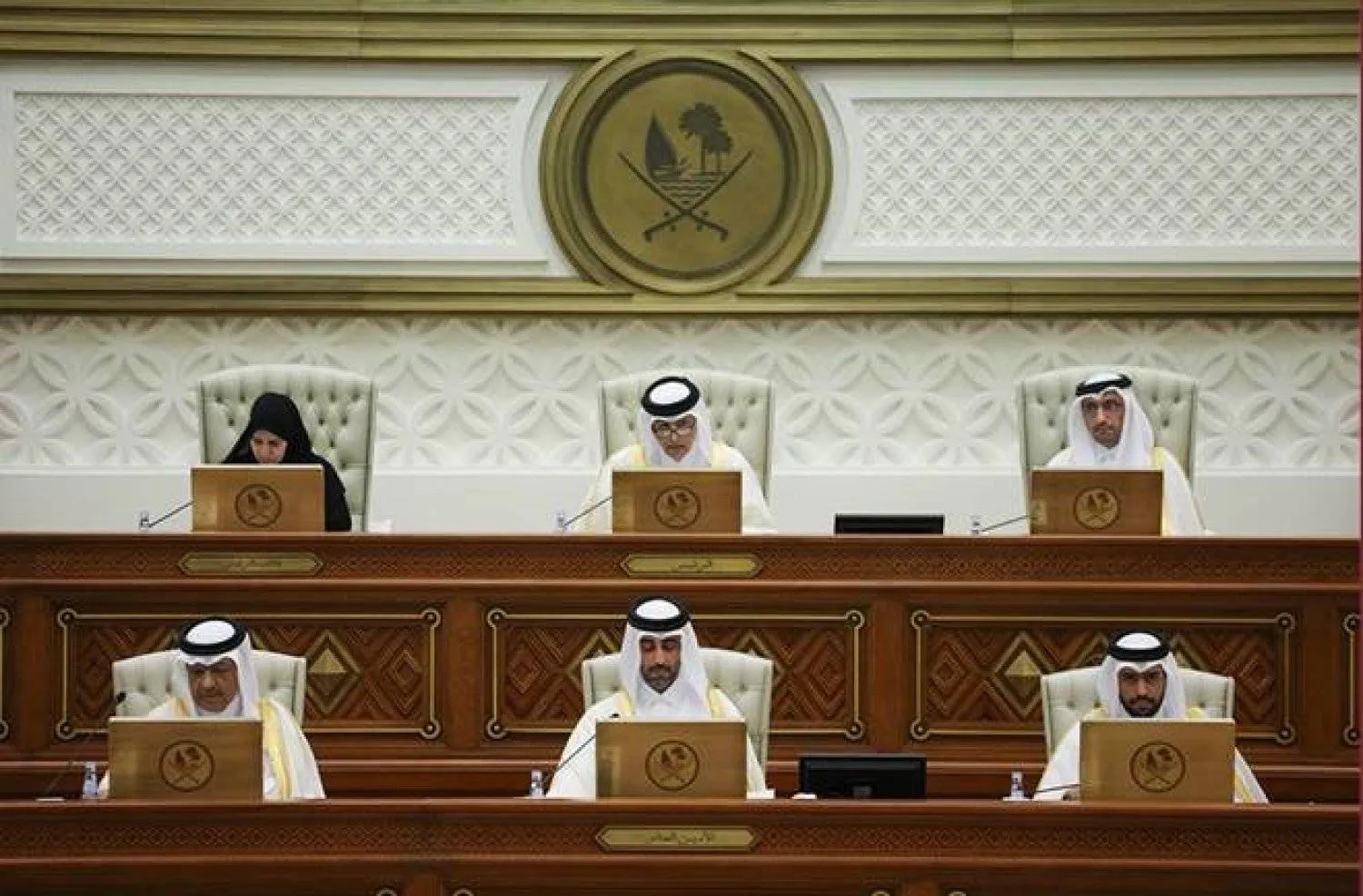The Qatari Shura Council held a session on Monday to review proposed constitutional amendments announced by the Emir of Qatar in mid-October to return to the system of appointment for selecting Shura Council members, instead of elections.
Qatar held its first parliamentary elections on Oct. 1, 2021, since the establishment of the Shura Council in 1972.
The session, chaired by Council President Hassan bin Abdullah Al-Ghanim, included a briefing by the Minister of Justice and Minister of State for Cabinet Affairs, Ibrahim bin Ali Al-Muhannadi, on the proposed constitutional amendments, during which he also responded to questions from council members.
On Tuesday, Emir Sheikh Tamim bin Hamad Al Thani announced that the constitutional amendments, which include eliminating the election of two-thirds of the Shura Council members and fully adopting an appointment system, will be put to a public referendum.
The current Qatari constitution, in effect since 2005, mandates that two-thirds of the 45-member Shura Council be elected, with the remaining third appointed by the Emir.
In a speech to the Shura Council, Sheikh Tamim referred to the elections as a “trial” and said: “We have drawn conclusions from it, which led us to propose these constitutional amendments.”
He added: “The Shura Council is not a representative parliament in a democratic system, and its role and powers will not be affected whether its members are selected through elections or appointments.” He also pointed to “various channels for consultation with Qatari citizens.”
The Emir went on to say: “Out of our commitment to ensuring that all citizens contribute to building national unity and promoting equal citizenship, the constitutional amendments will be put to a public referendum, and I encourage all citizens to participate.”









